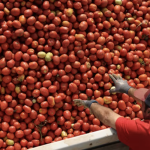NZ’s Organic Sector Tops $1 Billion as Industry Calls for Urgent Investment in Land and Policy Support
Added 8 months ago
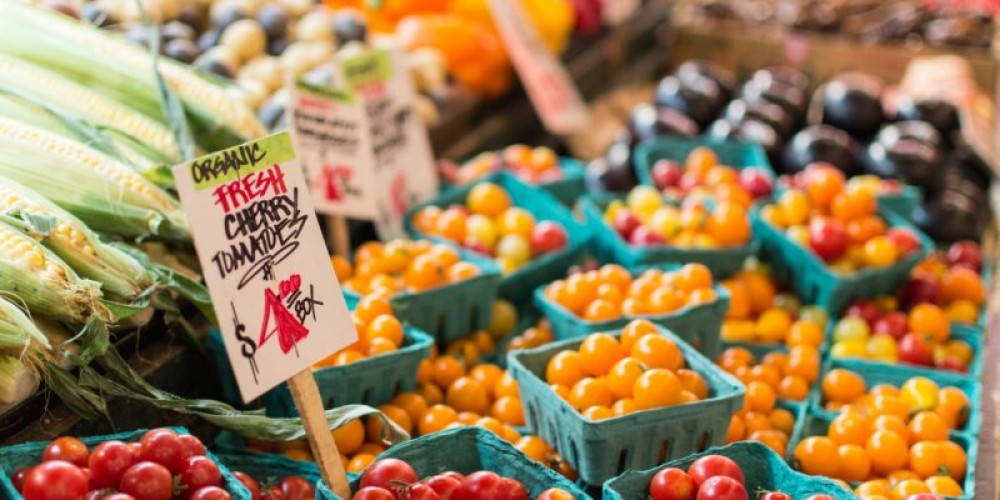
New Zealand’s organic sector has surged past the $1 billion annual sales milestone, as industry leaders warn that a lack of investment in land and supportive policy could stall future growth.
A new report from Organics Aotearoa New Zealand (OANZ) shows the sector has grown more than 50% since its last assessment in 2020, reaching $1.18 billion in total annual sales. The industry is now evenly split between domestic and export markets, with $190 million attributed to foodservice sales, included for the first time.
This is a significant moment for organics in Aotearoa, said Tiffany Tompkins, OANZ Chief Executive. But to keep up with global demand, we urgently need more certified organic producers and more land under organic management.
Globally, the organic food and beverage market is estimated to be worth US$280 billion in 2024, with forecasts suggesting it could reach US$650 billion by 2033. New Zealand’s contribution, while growing, still accounts for a tiny fraction of this booming market.
What’s Selling and Where?
Organic fruit and vegetables remain the backbone of the industry, accounting for 40% of sales, followed by dairy (35%) and wine (12%). The top five export destinations are the United States (29% of exports), Europe, Australia, China, and Japan.
Newer growth areas include organic lamb, beef and wool, driven by increasing global interest in ethical and sustainable animal products. But scaling up remains a challenge.
New Zealand currently has just 90,000 hectares of certified organic farmland — that’s only 0.6% of our total farmed land, Tompkins noted. In contrast, the European Union is targeting 25% by 2030. We are at risk of falling behind.
Policy and GE Concerns
Tompkins said completing the national organic standard, recently approved by Cabinet, must now be a top priority. Without it, producers face market uncertainty and export challenges.
She also voiced strong concerns about the Government’s proposed gene editing (GE) legislation, which would loosen current restrictions.
Co-existence with GE is tough. The US organic sector, now worth $72 billion, has seen a huge increase in imports — 80% of their organic products are now sourced offshore due to GE contamination, she said. With our tapestry-style farming in NZ, avoiding cross-contamination would be nearly impossible.
OANZ is urging both organic and conventional farmers to speak up and oppose the GE legislation, currently before Parliament, arguing it threatens not just organics but the country’s global reputation for clean, green food.
Join the conversation
Phyllis Tichinin - Aug 11, 2025, 1:05 PM
Telling statistic that the US imports 80% of its organic food in part because of GE pollution of conventional and organic crops. GMO / GE gene migration and contamination happens and is a serious threat to the brand integrity of all NZ crops. Who stands to benefit from this risky behaviour.? where’s the liability lie when the inevitable contamination happens? Which markets PREFER GE food?
Leave a comment
All comments are reviewed before they are published on the website. Your email address will not be published.
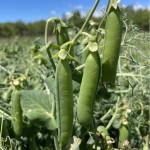
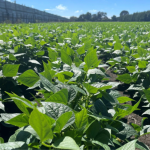

Community Engagement and Knowledge Sharing Strengthen the Carbon Positive Project
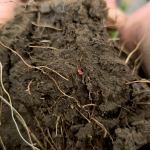
Are We Changing Soil Carbon Yet? Three Years In, the Jury’s Still Out

Farewell to Trustee Phil Schofield – A Foundational Leader of the HBFFCT
